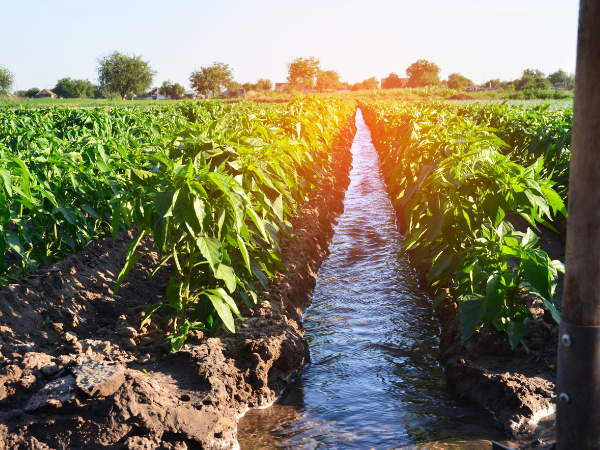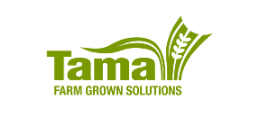Water is one of the most critical factors in successful crop cultivation. The frequency and timing of irrigation play a vital role in ensuring your crops receive the right amount of moisture for healthy growth and maximum yields. At Heartnut Grove WWT, we understand the importance of finding the right balance. In this blog, we’ll explore the factors that influence how often farmers water their crops.
Crop Type and Stage:
The water needs of crops vary depending on their type and growth stage. Some crops, like rice or cranberries, require almost constant flooding, while others, like tomatoes or peppers, prefer periodic deep watering. Understanding your crop’s specific requirements is crucial. Consult with agricultural experts or refer to crop-specific guidelines to determine the ideal watering schedule.
Soil Type and Quality:
The type and quality of your soil can significantly impact how often you need to water your crops. Well-draining soils may require more frequent watering, while soils with higher water-holding capacity can go longer between irrigation sessions. Soil tests can help you assess your soil’s characteristics and make informed decisions about your watering schedule.
Climate and Weather Conditions:
Local climate and weather conditions play a significant role in determining how often you should water your crops. Areas with high temperatures and low humidity may require more frequent irrigation, especially during dry spells. Conversely, regions with consistent rainfall may need less supplemental watering.
Irrigation Method:
The irrigation method you use also influences the frequency of watering. Drip irrigation and sprinkler systems provide precise control over water delivery and can be scheduled to meet crop needs more accurately. On the other hand, flood or furrow irrigation may require more frequent application to maintain soil moisture levels.
Monitoring Soil Moisture:
To fine-tune your irrigation schedule, consider using soil moisture sensors. These devices provide real-time data on soil moisture levels, allowing you to adjust your watering frequency and duration based on actual conditions in the field. This data-driven approach can help you avoid both overwatering and underwatering.
Farm-Specific Factors:
Each farm is unique, and factors such as the size of your operation, available resources, and equipment can influence your watering schedule. Larger farms may require more advanced irrigation systems with automation capabilities to efficiently manage watering across extensive crop areas.
Determining how often to water your crops is a critical aspect of successful farming. Striking the right balance between providing adequate moisture and avoiding water wastage is essential for maximizing crop growth and yield. At Heartnut Grove WWT, we offer a wide range of irrigation products and services to help you optimize your watering schedule and enhance your farming operations.
Our expert team is dedicated to understanding your farm’s unique needs and tailoring irrigation solutions that deliver tangible results. Contact us today to explore how Heartnut Grove WWT can assist you in achieving the best results possible through “The HG Way.”
Stay tuned for more informative blogs as we continue to provide insights into effective farming practices and sustainable agriculture.

























